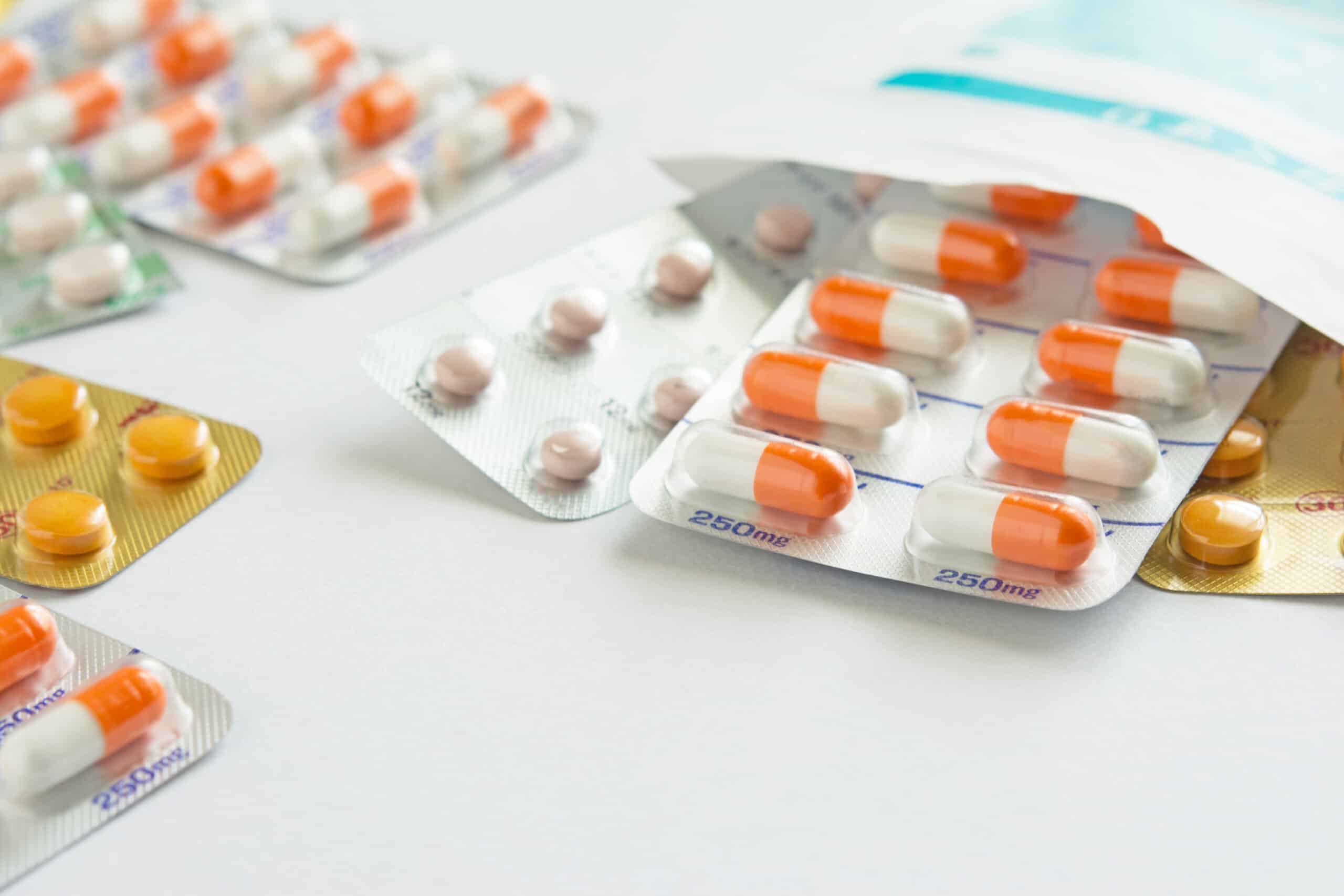Hong Kong scientists have completed a clinical study in which administering this cocktail of antiviral medications to patients with mild coronavirus symptoms “may rapidly suppress the amount of virus in a patient’s body.”
“Early triple antiviral therapy was safe and superior to lopinavir–ritonavir alone in alleviating symptoms and shortening the duration of viral shedding and hospital stay in patients with mild to moderate COVID-19,” the study authors wrote, adding that “future clinical study of a double antiviral therapy with interferon beta-1b as a backbone is warranted” for a complete overview.
As published in the Lancet this 127 patient open label study had 86 patients randomly assigned to the experimental cocktail treatment group and 41 to the control group who only received the HIV therapy drug lopinavir-ritonavir; age, gender, and baseline demographics in each group were similar with fever and a dry cough being among the most common symptoms. After only seven days of being administered the experiments cocktail treatment the patients tested negative for COVID-19 according to the researchers.
“For the primary endpoint of time from start of study treatment to negative nasopharyngeal swab, the combination group had a significantly shorter median time (7 days) than the control group (12 days),” the study authors noted. “For the virological outcome, the combination treatment was associated with significantly shorter time to negative viral load in all specimens when assessed individually (nasopharyngeal swab, posterior oropharyngeal saliva, throat swab, and stool samples) as well as in all specimens combined. All urine samples tested negative for viral load.”
Previously established side effects of the medications were being closely monitored, however the drugs have a long standing track record for safety according to medical officials, and on average patients in the cocktail group felt better after 4 days.
“Despite the concern of major side effects arising from a combination of three drugs, no significant differences in incidence of adverse events between treatment groups were reported in our cohort of 127 patients,” the study authors wrote.
“No haemolysis occurred from the short duration of low dose ribavirin. We did not use triple combination for patients who started treatment 7 days or more after symptom onset because of the concerns about the proinflammatory side effects of interferon beta-1b – despite that at most, three doses were used for each patient,” they added, noting that “liver dysfunction was observed in about 14% of these patients and it was mild and self-limiting, except in one patient in the control group, in whom the biochemical hepatitis warranted the discontinuation of lopinavir–ritonavir treatment.”
This study was independently reviewed by experts who concurred that these findings were positive, but suggest that larger clinical trials are required for greater certainty of the cocktail’s effectiveness and safety. Other diseases have a record of being treated successfully with a cocktail of drugs, the experts believe that it may also be the case for COVID-19, results are promising and warrant adding interferon beta to the list of evidence based treatments for the coronavirus.




